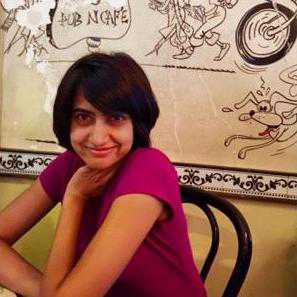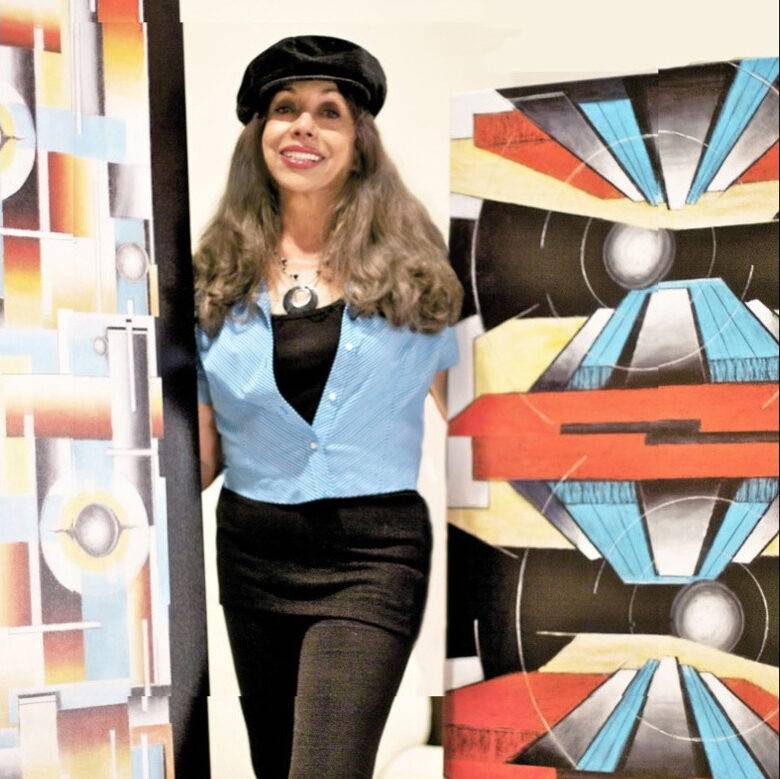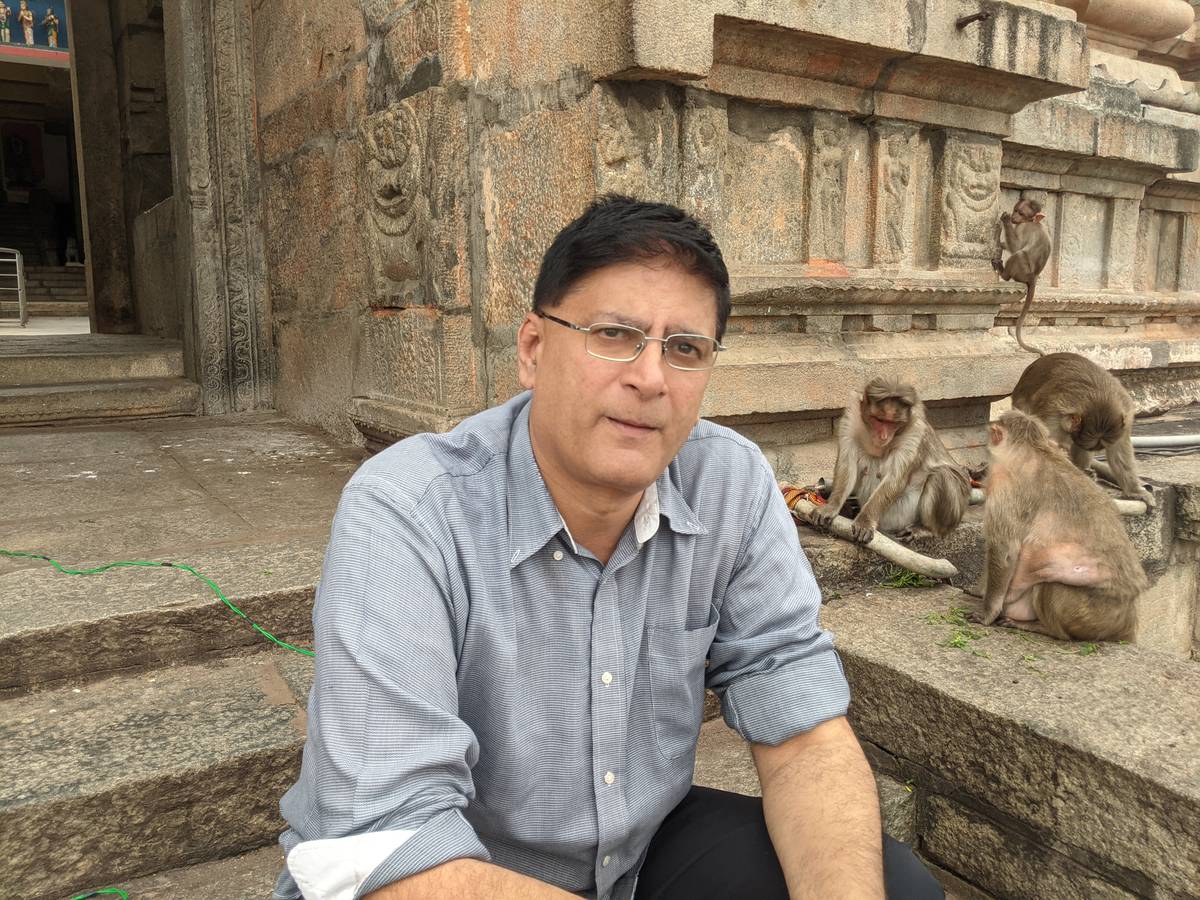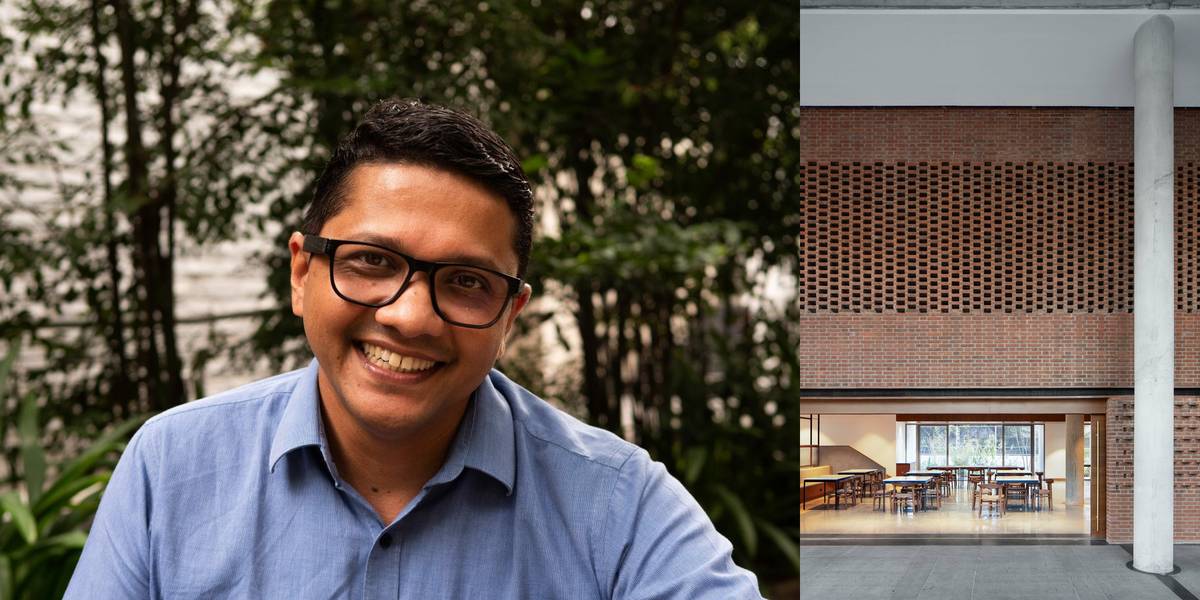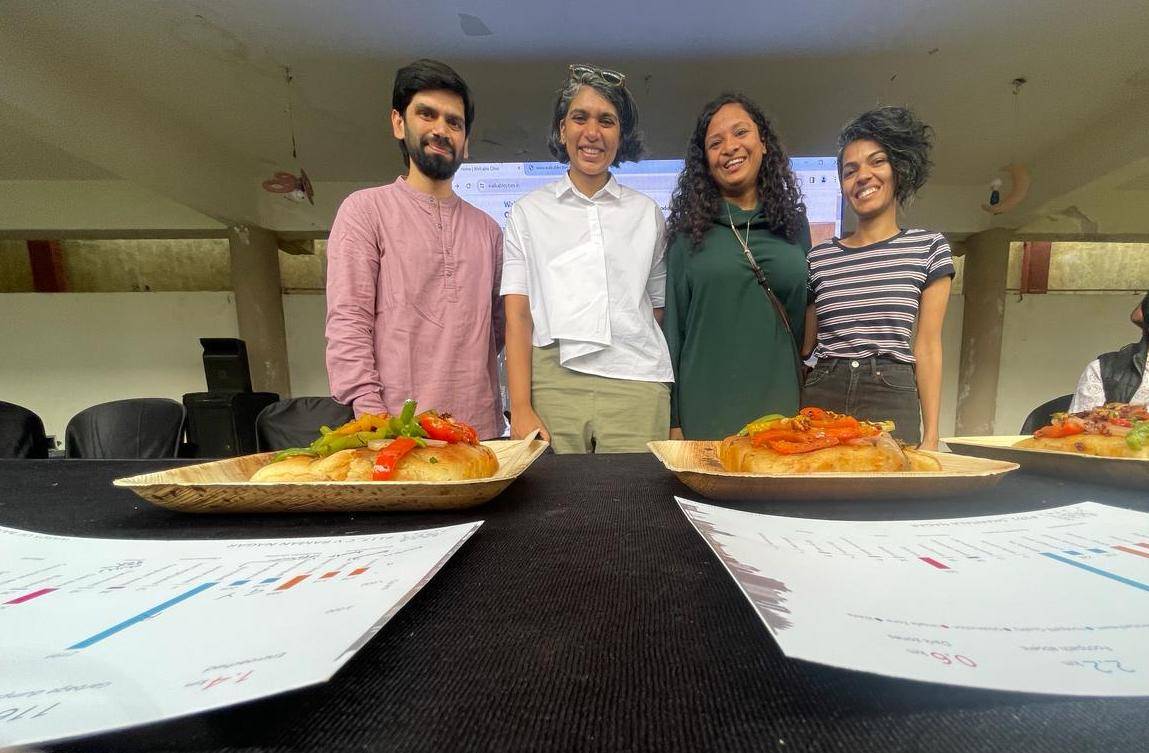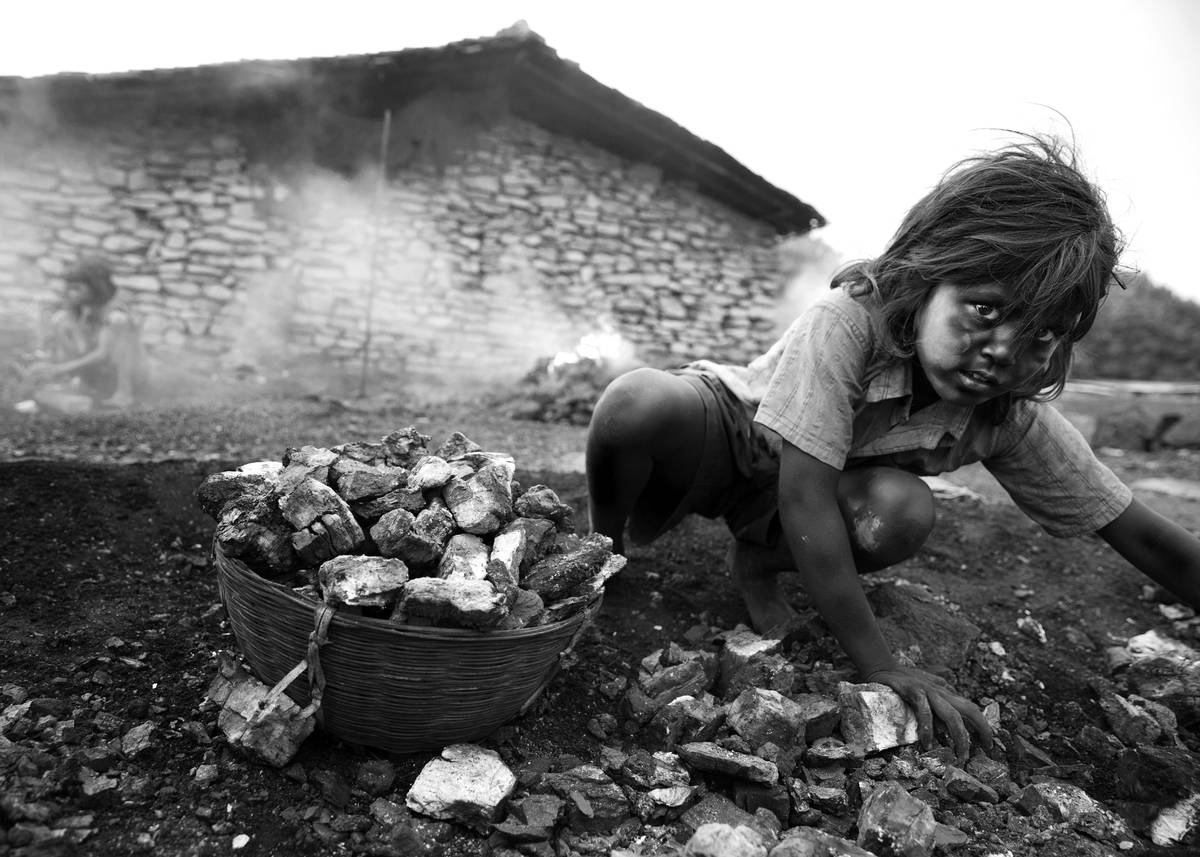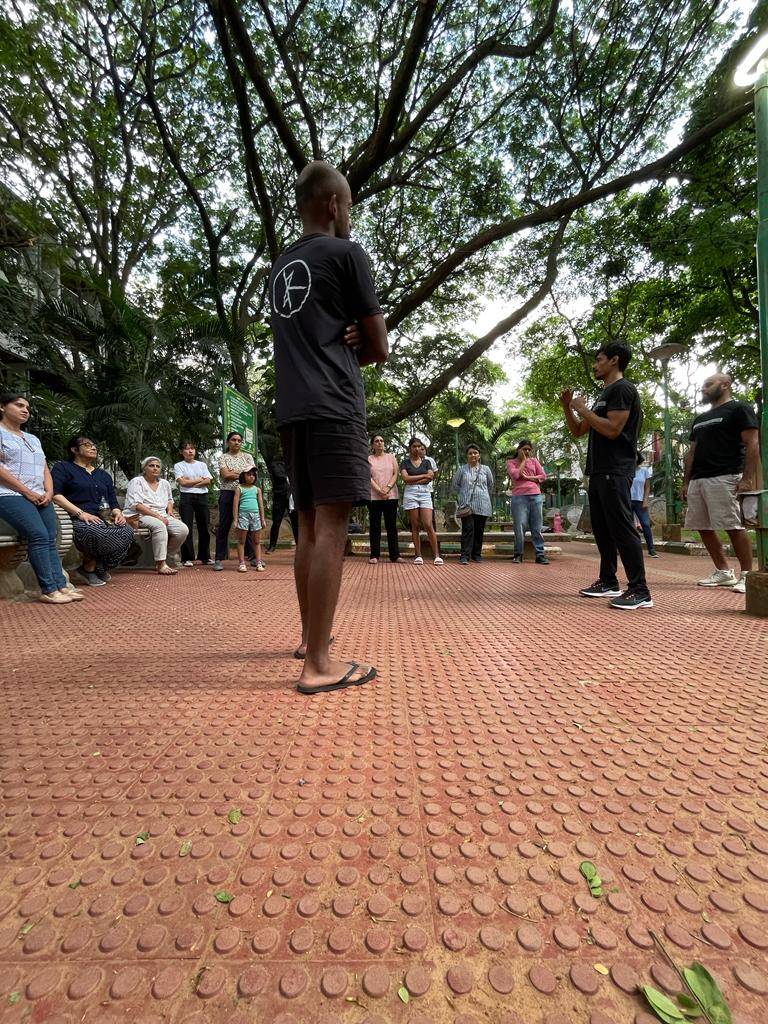Tina Patrao Does Not Want To Be Called The Angel Of Cooke Town
Sometimes it is hard for us, especially because in India we live in a social milieu that is driven by transaction — indeed even our relationship with god is transactional — to accept that Tina Patrao’s motive is not material.
Feb 20, 2021, 02 23 | Updated: Feb 23, 2021, 01 21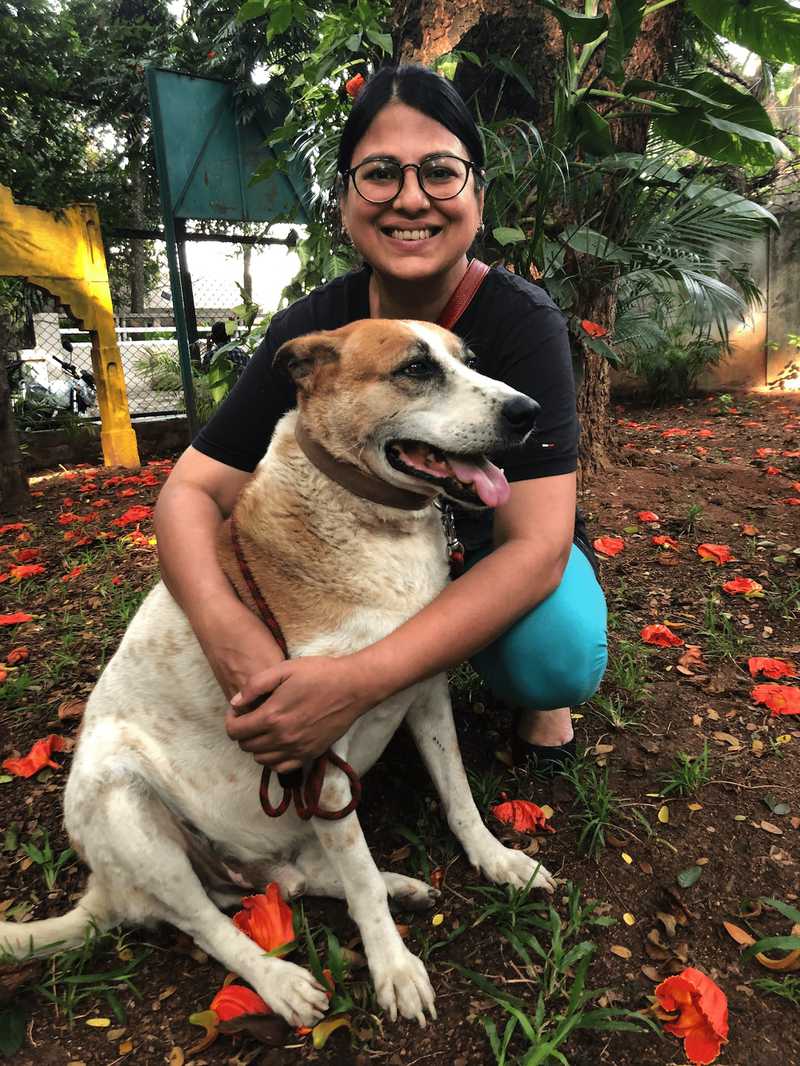
She can’t nail it down; where it comes from. But Tina Patrao wants to help.
One night, she gets a call that a cat in her neighbourhood of Cooke Town had been electrocuted. It lies on the street, motionless. A postulation of residents stands around the fallen cat, concerned. Patrao does not want to solve theorems; she picks up the cat and gets the feline fixed.
A local stray, a handsome rascal-darling of the hood, Toby, is writhing in pain, his ear having been almost chewed off in a street fight. He would not get into his caregiver’s car to be taken for his follow-up anti-rabies shot.
This caregiver is Cooke Town resident, jazz singer and author, Radha Thomas. She thinks she is Toby’s primary caregiver because she feeds him twice a day when he’s around. She calls him “Papa Dog Duvalier”. Toby pretends not to care for such specious comparison with the Haitian strongman.
Toby flees the scene when he realises that there is a plan afoot to bundle him into a car and take him to get treated. Radha Thomas, her maids and her driver provide a spectacular chase as they run after Toby, down Wheeler, down Davis. They give up on Cline.
A call goes out to the hood for help to help catch Toby. In moments, Tina Patrao arrives, striding breathlessly down Cline Street, where another resident has managed to keep Toby at hand by feeding him biscuits and scratching his neck. Toby’s neck. Not his own.
With one hand Patrao completes a work task on her phone. With the other, she slips a leash on Toby. He meekly obeys her, all the way to CanCure vets and back.
Mission accomplished, she strides back to her home office, still furiously working on her phone — catching up with a deadline, she explains. “Thanks, Tina,” a neighbour yells after her. Patrao turns, slightly puzzled at the gratitude. She says she cannot understand why someone wants to thank her for helping Toby.
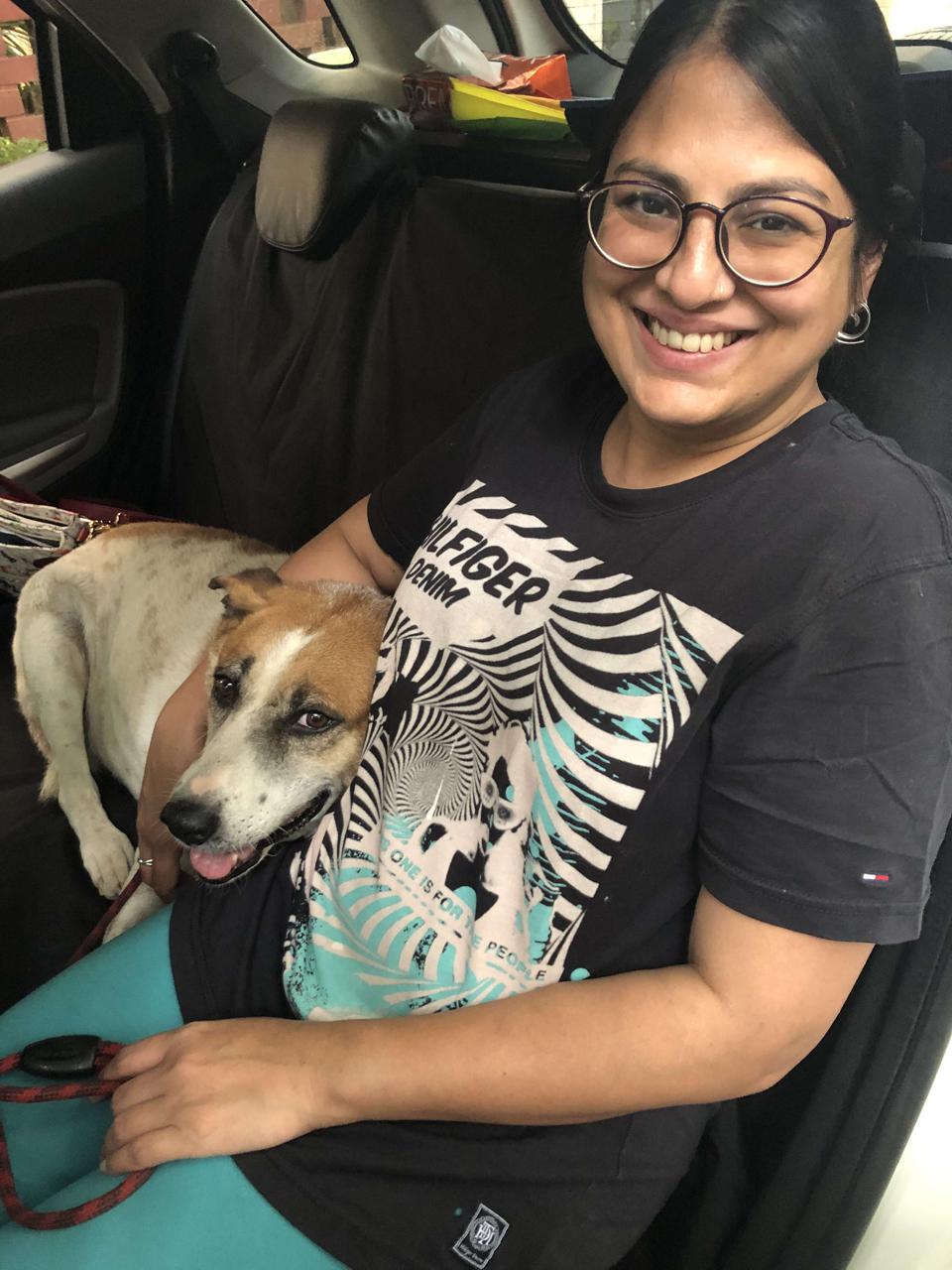
She passes the house of a elderly lady well into her 80s, and who lives alone. She pauses, and stares abstractedly at the front door. Later, she said she was wondering if the lady had managed to buy her groceries that morning.
Tina Patrao’s unusual and noteworthy sense of compassion was not more evident than during the lockdown.
By March 2020, Bangalore city was under a total lockdown. Limited movement was allowed for people to go to the grocery store for a fixed amount of time every day. Often, they stood in socially–distanced lines for hours.
Patrao wondered how the elderly were coping. With little to no domestic help — the elderly being especially susceptible to the virus, it was not wise to let anyone in within sneezing distance.
She did what comes naturally to her. She jumped in.
She put the word out through local groups and networks and offered to do the grocery shopping — also meds and other essentials — for any elderly person.
During the lockdown, she would get up early, with a shopping list from the old and infirm, and buy their supplies for them. She would then walk — she doesn’t drive — the bags of groceries to their homes and leave it on their doorstep so there would be no contact; much less, a thank you.
Cooke Town is home to a number of the elderly who have children studying or working overseas. This is a high-risk, vulnerable group. These residents required help during the lockdown but had no clear idea of how to get help. She was there to help. Her effort was covered by CNN News18 (a sort of combo affiliate / brand name franchisee of CNN in India),
Watch here.
#NewsAlert | Many senior citizens live alone away from their children. However, the government and volunteers are out to provide support.
— CNNNews18 (@CNNnews18) April 7, 2020
Watch this ground report by @RevathiRajeevan. #IndiaFightsCOVID19 | #TotalLockdown pic.twitter.com/H9VXsTKDDC
“I’d tell the elderly to just stay home. They needed basic things like groceries and medicines so I’d go get it for them.” Patrao told Explocity. “Also, I like Cooke Town,” she reflected, ”the community is tight knit, open-minded and easily accessible.”
While the lockdown has been lifted, Patrao continues to volunteer to help those in need. Every day.
Why? She can’t nail it down; where it comes from. But Tina Patrao wants to help.
She doesn’t make excuses or spend time talking about things that need to be done. Others just talk about helping, but “if I can help, I never say no”.
Most times, it’s not about saying no.
No one asked her to help the elderly in Cooke Town. She knew they would need help. And so she trudged everyday for them, walking kilometres carrying heavy bags of groceries.
No one asked Tina Patrao to help with the migrants who could only think of walking home as a way of escaping the lockdown and starvation, “home” being a village, often over a thousand kilometres away. The government wasn’t doing enough to help them. While the well-heeled were banging on pots and pans, lighting lamps and waving flashlights in the air, the poor found themselves with neither pots nor pans nor lamps to light in symbolism.
When you’re poor you have no isms. Your only recourse is to go home.
And when the government made no plans for the migrants to travel home by train, they walked. Some reportedly died of malnutrition. Some were run over by trains because they used railway tracks to guide them. This was tragic irony, but the horrors of their lives were evident before they began their long trek home.
Patrao found herself a part of a group of citizen volunteers trying to help them survive. She would wake up every morning after 4am and head out to help. She would get back home in time to get ready to do some work. And because she was in charge of logistics — finding food, getting things delivered, chasing after supplies — the work never stopped.
She would rest a bit and head out to buy groceries for the elderly.
Again, from where does this compassion come?
Patrao has no answer. Maybe it is because her uncle is a doctor and she’d grown up seeing him help people. Maybe it is because she has lived in boarding school since she was very young and so knows what it’s like to be alone and in need of help.
She brushes the question aside without deliberating it. The “why” is not as important as the job on hand. What transpired was that her generosity was not a cause and not a calling. For neither penance nor profit.
Sometimes it is hard for us, especially because in India we live in a social milieu that is driven by transaction — indeed even our relationship with god is transactional — to accept that Tina Patrao’s motive is not material.
And if it is spiritual, it is not religious. “If anything, I am extremely secular. I was raised a Roman Catholic but all faiths appeal to me.”
Is that her motivation? “Nah, no chance. I like being of use to people. That’s all.”
The corollary is the exchange that took place in the court trial of Edward Pierce, the fictionalised mastermind in the movie, The Great Train Robbery. Given the grand scale of the attempted heist of the time, the judge figures there must be a grand motive. But Pierce’s answer is simple in its honesty.
It went like this:
Judge : “Now, on the matter of motive, we ask you: Why did you conceive, plan and execute this dastardly and scandalous crime?”
Edward Pierce: “I wanted the money.”
For all her selflessness, while Tina Patrao seeks no compliment, she does not always bargain for the unexpected censure.
She has been yelled at for offering to help.
“Many of our residents are very proud. They’ve spent their whole lives being independent and self-sufficient, so they’re insulted when I offer to help.” Some have told me to mind my own business. “'You live your life and we’ll live ours',” they told me." She wasn’t upset.
But what did upset her deeply were the migrant workers. She met an 80-year old man who had walked 35 kilometers in search of food. When she handed him water and a packet of food, he wept before sitting down to eat. “I came home and I cried,” she told us. “I talked to a therapist, I think I had PTSD and depression.”
Come the next morning, she soldiered on.
Often our interview was interrupted because she got a call and immediately wanted to know if someone needed her help.
“I am like this. It bothers my friends who say that I am helping others ‘too much’,” she laughed, “but how much is ‘too much’ right?”
Tina Patrao also considers herself an eco-warrior who believes that small steps have a far reaching effect. “We have to be a little more conscious of our existence.” She believes this is what caused COVID19, “people have just been existing not living.” Small things like recycling, buying local, can help reduce one's carbon footprint.
Formerly an advertising executive, Patrao quit being a “corporate slave” and now works for a scientific collaborative research organisation that identifies and helps with real time problems like health, climate, water, and sanitisation. She says it’s a job that speaks to her soul.
She believes her boss understands her. And when something needs to get done, she says, “Tina I need you.” — words that Patrao hears often.
One resident in the neighbourhood whom we spoke to, while researching this article, called her “the angel of Cooke Town”. We mentioned it to Tina Patrao. We asked her what she thought of that.
“OH GOD NOOO!!!” she screamed, “I want the earth to open up and swallow me.”
